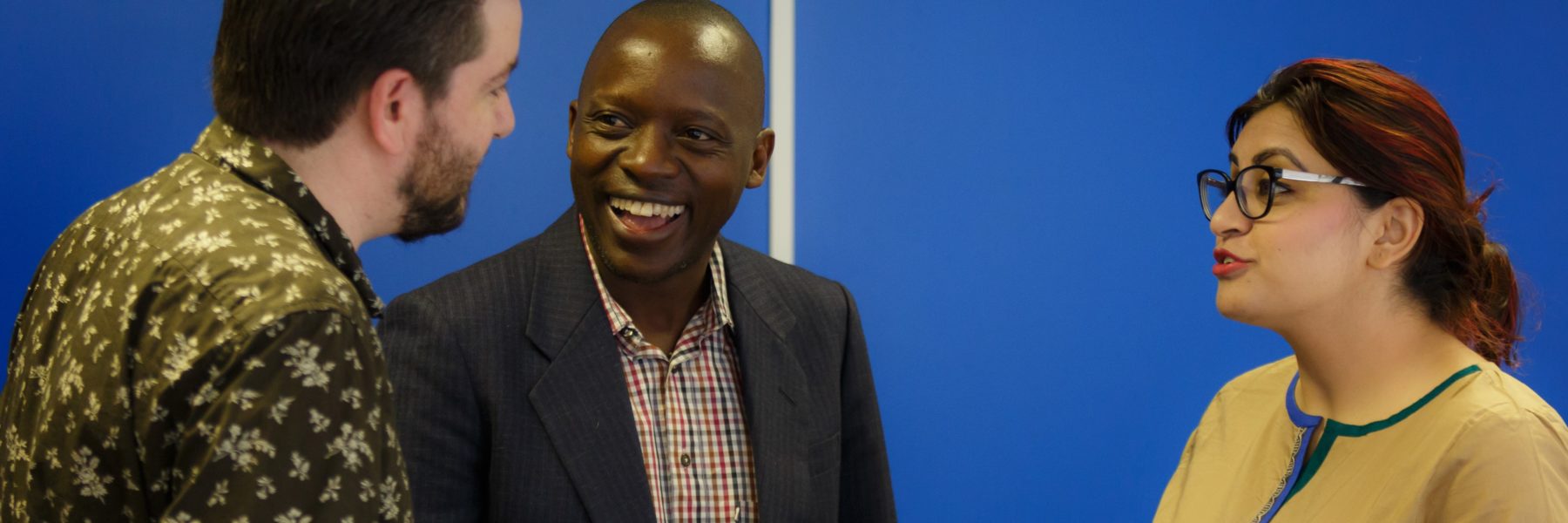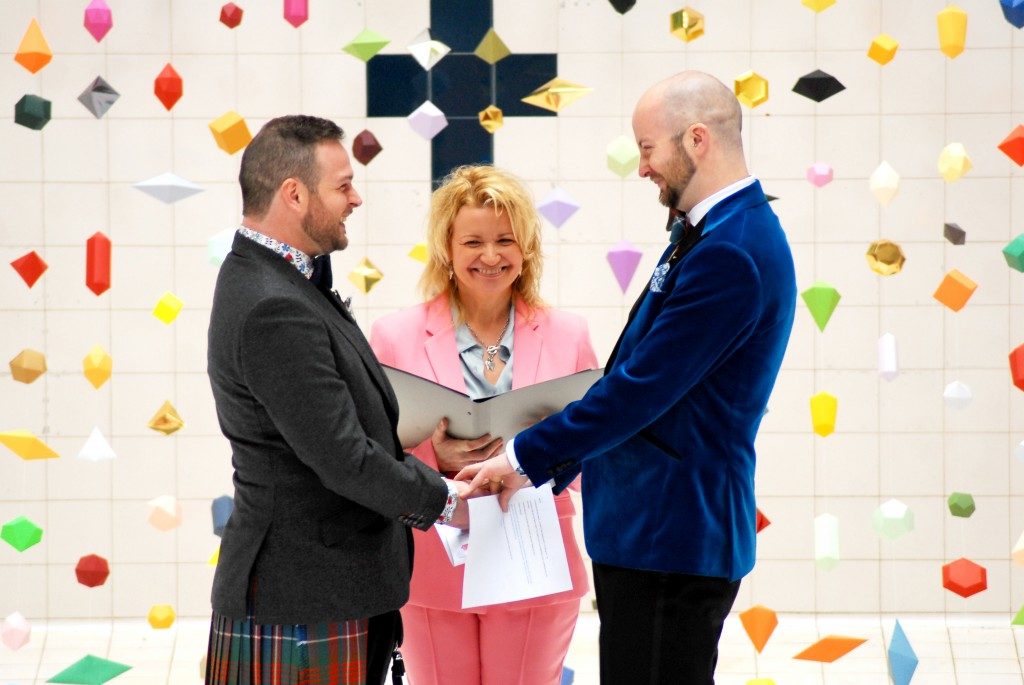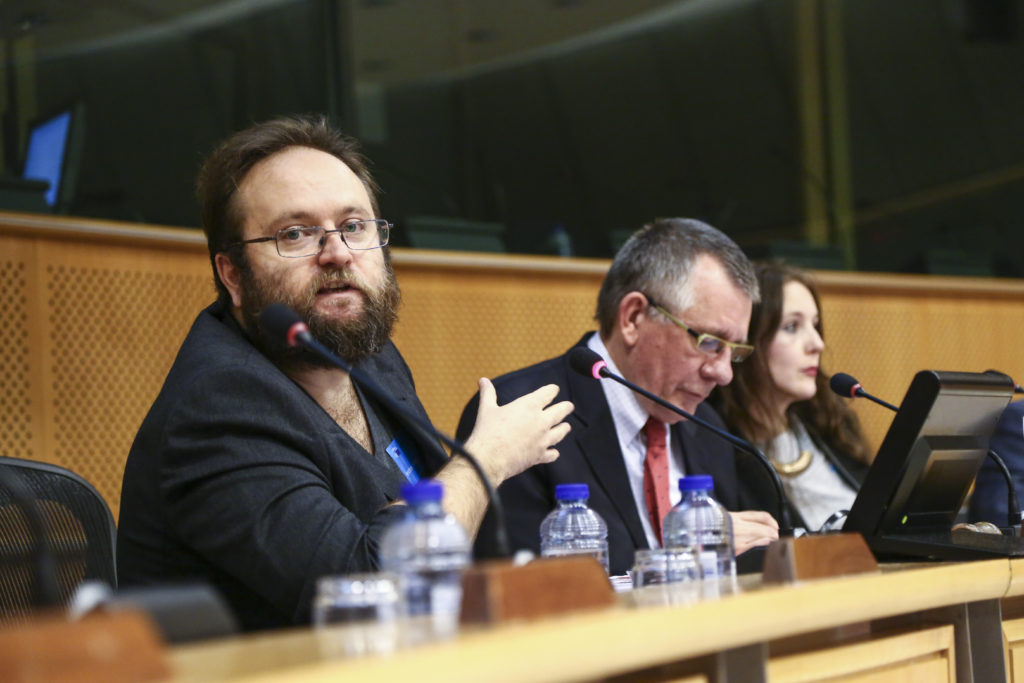Session #1: Humanist Ceremonies and Counselling
What are humanist ceremonies?
Humanist ceremonies are a secular, non-religious way to celebrate the most important moments of the life of a person, for example: getting married, the birth of a baby, the passage from adolescence to adulthood, the celebration of one’s life after passing away.
What is humanist counselling?
Patients in hospitals, people in prisons, students in schools, personnel in armed forces: at some point in their lives all these people might need help and support from someone with a like-minded vision of life. For humanists around the world, this kind of support has a name, that is, humanist counselling.
Humanist counselling – called also humanist pastoral support or humanist chaplaincy – is provided in many countries, especially in Europe and North America. However, still today these services are usually provided only from religious personnel – priests, pastors, imams, monks, etc – leaving no alternative for non-religious people.
Goals of the training session
To shed light on both humanist ceremonies and pastoral support, proving tips, best practises and expertise to organisations which are willing to start providing those services or are already doing it but need a boost.


